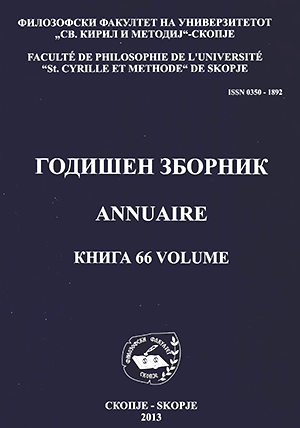MORAL IDENTITY IN THE THEORY OF MORAL FUNCTIONING OF AUGUSTO BLASI
Keywords:
MORAL IDENTITY, MORAL REASONING, MORAL FUNCTIONINGAbstract
This paper presents briefly the theory of moral functioning whose author is Augusto Blasi — one of the most well known contemporary developmental psychologists. His research about moral judgment and moral behavior relationship promotes the concept of moral identity as most plausible solution to the gap problem between these two domains of morality. In that sense Blasi develops the self-model focused on the “transition from moral judgment to moral behavior and on the question of consistency of the judgment-behavior relationship ” (Blasi, 1983; cmp. 194). This model is presented through seven propositions and has four fundamental characteristics. In this paper are also briefly presented selected studies on formation and development of moral identity in childhood and adolescence, conducted by Blasi and alliances. The strengths of the theory of moral functioning over other known models and theories in the field of moral psychology and moral development are presented in the end of the paper.





